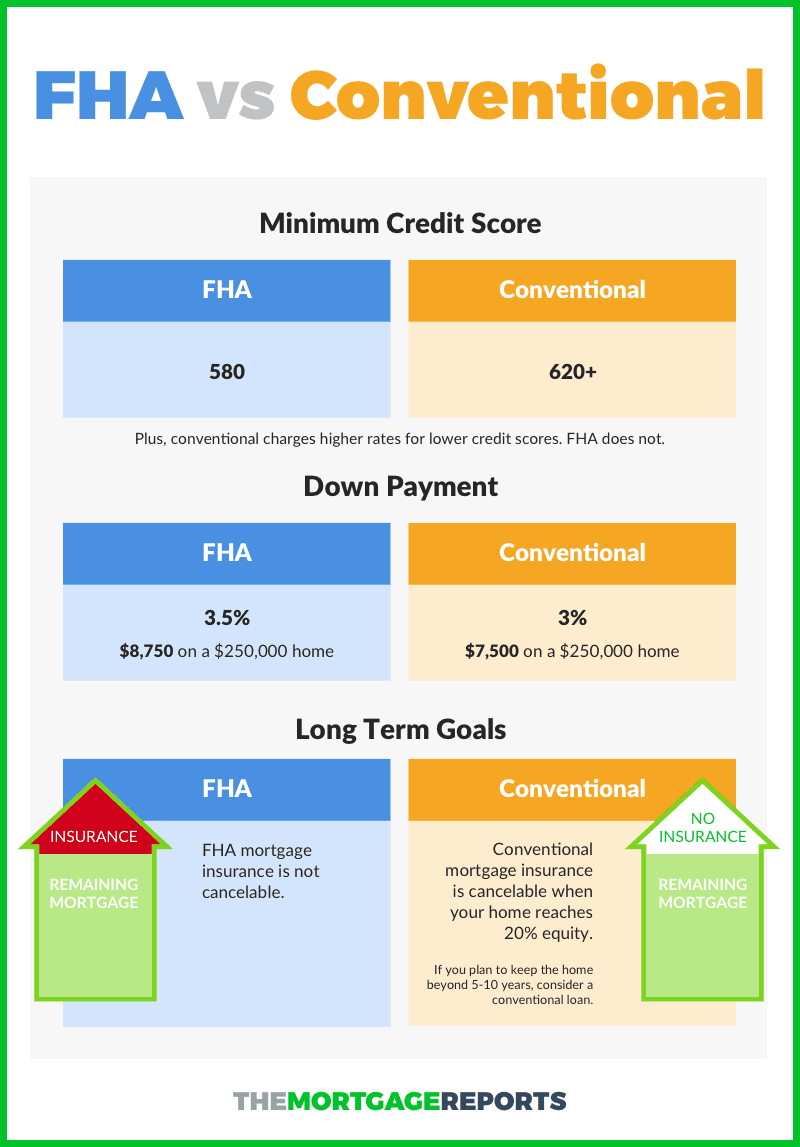This table does not include all business or all offered products. Interest does not back or advise any companies. Editorial Policy Disclosure Interest. com abides by stringent editorial policies that keep our authors and editors independent and honest. We count on evidence-based editorial standards, frequently fact-check our content for precision, and keep our editorial personnel entirely siloed from our marketers. If the rate were to increase 1 writeablog.net/sharaph6u1/if-your-policy-comes-with-a-percentage-deductible-for-wind-hail-or-typhoon basis point, it would increase to 3. 26%. If it were to go up 50 basis points, it would increase to 3. 75%. A 100-basis point increase would result in a 4. 25% rate. If a loan rate is 5% and goes up 20 basis points, that is the equivalent of raising the rate of interest by 0.

2%. If rate of interest are at 4. 75% and drop to 4. 6%, that is a 15-basis point (0. 15%) decrease. Although a basis point seems little, even a modest change can make a huge distinction in the overall interest you pay over the long term. Here The original source is a chart showing how total payments on a $200,000 loan change, based upon a 30-year fixed mortgage of 3.
75%-- $926. 23 $333,444 $133,444 3. 85% 10 points $937. 62 $337,541 $137,541 3. 95% 20 points $949. 07 $341,668 $141,668 4. 25% 50 points $983. 88 $354,197 $154,197 * Rates are for instance only. Your rate will depend upon current mortgage rates plus your credit history. Do not puzzle discount points (often simply called points) with basis points.
For example, a point on a $200,000 loan would equate to $2,000. When you pay discount points, you're essentially prepaying a few of the interest on a loan. The more points you pay at closing, the lower the interest rate will be over the life of the loan. This can assist make monthly payments more budget-friendly and save money in interest over the long term.
Portfolio managers and financiers use basis points to suggest the portion change in interest rates or monetary ratios in U.S. Treasury bonds, shared funds, exchange-traded stocks and genuine estate-based investments. Professionals use mathematical terms to describe basis points but even if selling timeshare you're not a financial expert or lender, you can comprehend them, too.
The Basic Principles Of How Many Types Of Reverse Mortgages Are There
One basis point equals 0. 01%, or 0. 0001. One hundred basis points equates to 1%. How does this equate to home mortgages? Let's state you have an adjustable rate mortgage (ARM). Your interest rate is 3. 50%, then the rates of interest modifications to 3. 75% at a later date. This implies your interest rate increased by 25 basis points.
You'll hear the term "basis points" typically used in connection with home loans (what does ltv mean in mortgages). One basis point is 1/100 of 1 percent. While certainly not a big portion quantity, basis points can be exceptionally important in home loan circumstances. Since of the size of home loan, basis points although little numbers - what are the different types of home mortgages. When you hear or check out an increase/decrease of 25 basis points, you ought to know this indicates one-quarter of 1 percent.
01 percent in interest. what is wrong with reverse mortgages. Especially essential to large-volume home mortgage lenders, basis points-- even just a couple of-- can indicate the difference in between revenue and loss. Financially speaking, mortgage basis points are more crucial to lenders than to borrowers. Nevertheless, this effect on lenders can also affect your home loan interest rate.
25 or 0. 375 percent their used mortgage rate to customers potentially you. Basis points are popular with larger investments such as bonds and home loans since. Unless you operate in the world of financing, you might not understand the appeal of basis points (who took over taylor bean and whitaker mortgages). From a home mortgage point of view, small boosts in basis points can mean bigger modifications in the rates of interest you might pay.
When you compare mortgage rates and terms, you will eventually encounter basis points. For example, you talk with a loan officer, informing him/her that you want to lock-- guarantee your rate at closing-- your rate for 60 days. The loan officer then encourages you that the loan provider charges 50 basis indicate lock your rate for that period.
What Debt Ratio Is Acceptable For Mortgages - Questions
Home loan rates tend to "lag" be a bit behind other market interest rates. Comprehending basis points may assist you, to a degree,. If you are nearly all set to make a home mortgage application, understanding of basis points might help you conserve some money. For example, you see bond yields and rates increased by 20 basis points on Monday.